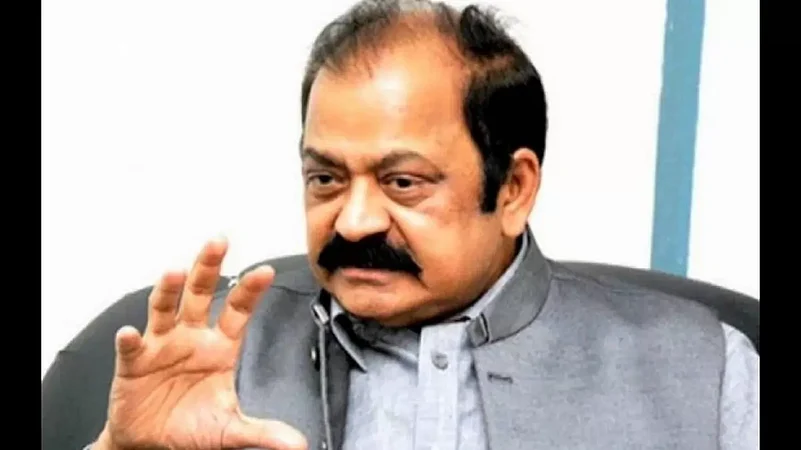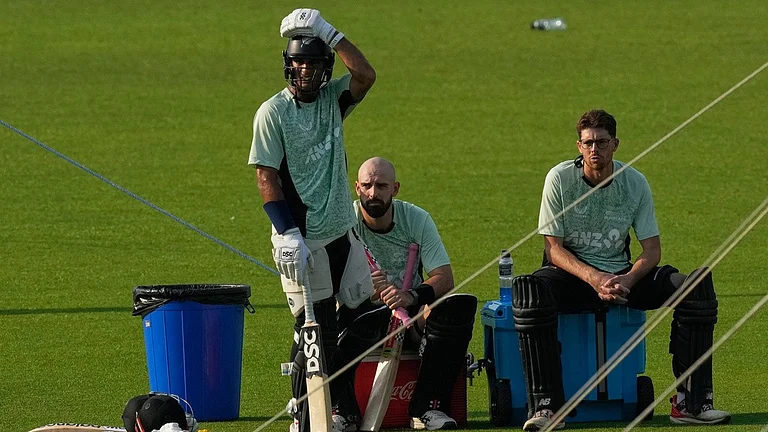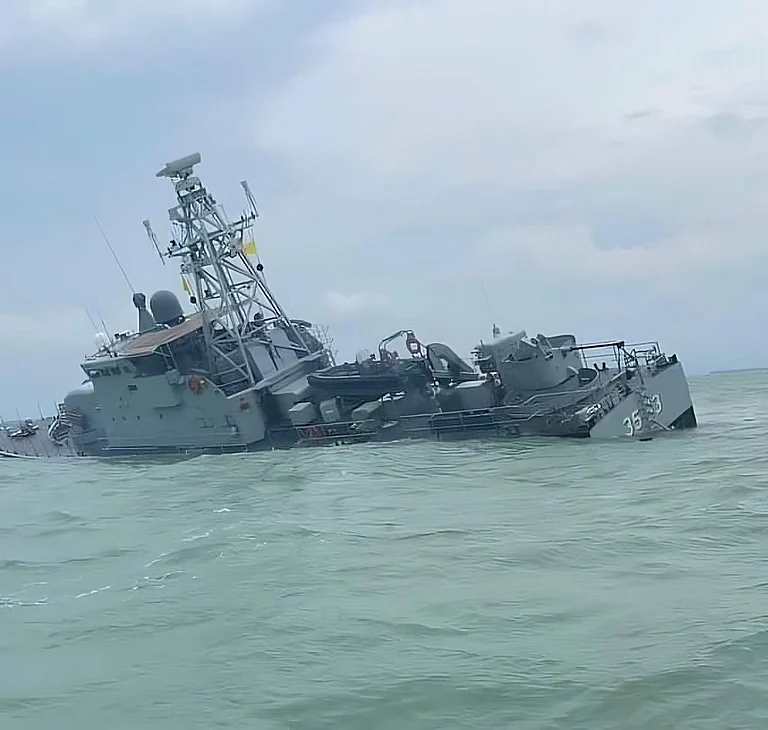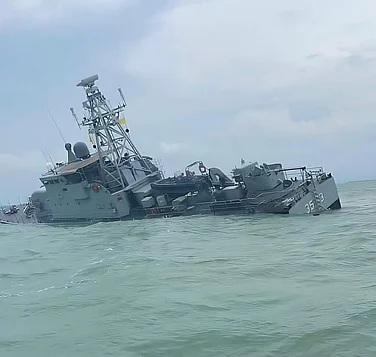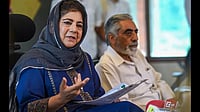Pakistan's Interior Minister Rana Sanaullah revealed that only 33 suspects have been handed over to the authorities for trial by military courts in connection with the attacks on defense installations during the May 9 protests following the arrest of former Prime Minister Imran Khan. The protests, led by supporters of the Pakistan Tehreek-e-Insaf (PTI) party, resulted in the ransacking and burning of military and civilian buildings. The government faced criticism from local and international rights groups, prompting Pakistan to initiate legal proceedings to prosecute those involved in the violence.
According to Dawn News, During a press conference, Minister Sanaullah provided details on the number of arrests made and individuals handed over to military courts for trial under stringent military regulations for attacking army facilities. He clarified that only those involved in attacks on military installations would be tried under military laws, ensuring that no innocent person would be harmed. The minister explained that military officials would investigate the cases and determine whether the Army Act or the Official Secrets Act applied before starting prosecution.
Sanaullah shared that 499 First Information Reports (FIRs) had been registered, with only six of them currently being processed for possible trial in military courts—two in Punjab and four in Khyber Pakhtunkhwa (KP) provinces. He noted that an atmosphere was being created as if everyone was being tried in military courts, whereas only specific cases related to attacks on military installations were being considered for such trials.
The interior minister also provided details about the FIRs, stating that 88 cases were registered under the Anti-Terrorism Act, while the remaining 411 were filed for charges such as vandalism, arson, and interfering in state matters. He mentioned that approximately 3,950 people were arrested under terrorism charges, with 2,588 arrests made in Punjab and nearly 1,100 in KP. Additionally, around 5,536 people were arrested under other laws, and the majority had already been released on bail.
The violent protests led by PTI workers targeted multiple military installations, including the Lahore Corps Commander's House, the Mianwali airbase, and the ISI building in Faisalabad. The Army headquarters (GHQ) in Rawalpindi was also stormed for the first time, and statues of martyrs were vandalized. The clashes resulted in a death toll of 10 according to the police, while the PTI claimed that 40 of its workers lost their lives in firing by security personnel.
Prime Minister Shehbaz Sharif stated that individuals involved in attacks on military installations would be tried in military courts, while those charged with attacks on civilian targets would face prosecution under civilian laws. The Defense Minister, Khawaja Asif, mentioned the possibility of banning the PTI party following the attacks on military installations by its supporters. Army chief General Asim Munir declared that the nation would neither forgive nor forget those involved in the attacks on the "memorials of martyrs."
Former Prime Minister Imran Khan, who was arrested in May, had been ousted from power in April the previous year after a no-confidence vote. He alleged that his removal was part of a US-led conspiracy targeting him due to his independent foreign policy decisions on Russia, China, and Afghanistan. The PTI has filed a case against the federal government's decision to prosecute civilians under the Army Act, while the prime minister clarified that only those accused of vandalizing civilian infrastructures would be tried under the anti-terrorism law.
(With PTI Inputs )


